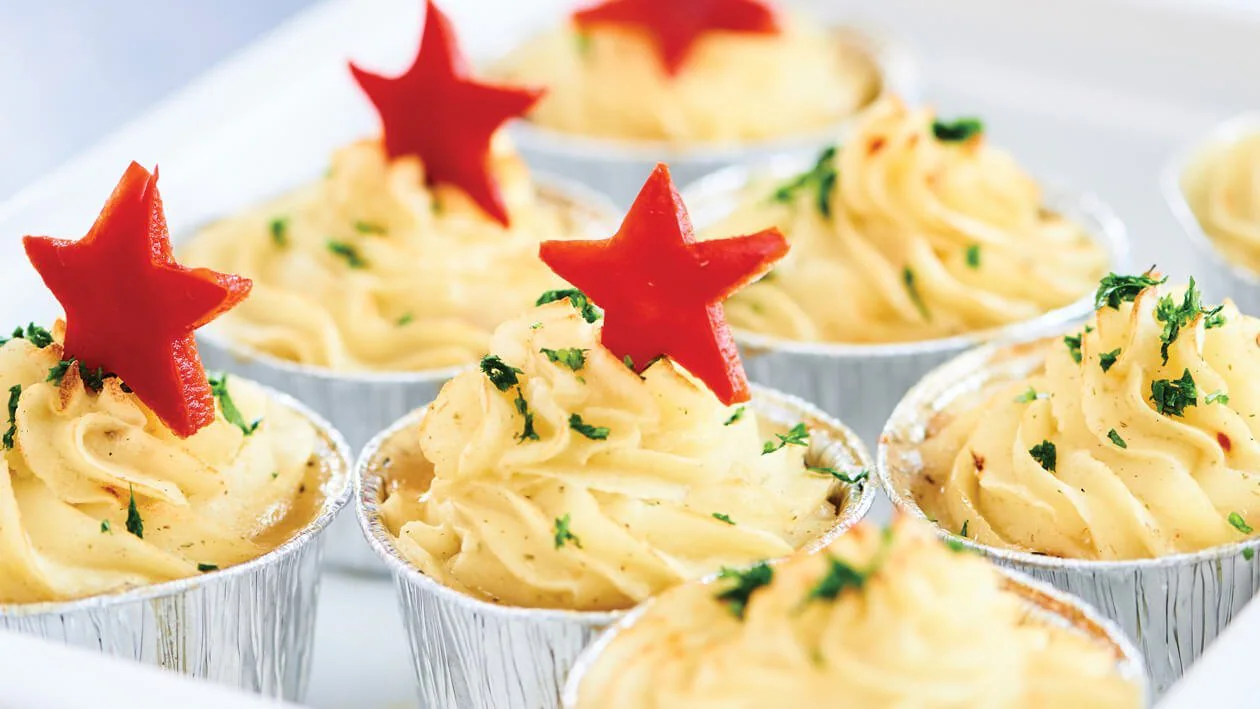
Introduction:
In the realm of culinary adventures, recipes are the guiding stars that navigate cooks through the intricate paths of flavors, textures, and techniques. Whether following a cherished family recipe passed down through generations or experimenting with a newfound culinary trend, the reliability of a recipe is paramount to the success of any dish. Just as a sturdy ship needs a dependable compass to brave the seas, a cook relies on a trustworthy recipe to navigate the kitchen. This article delves into the importance of recipe reliability as the insurance policy for creating delicious delights.
Understanding Recipe Reliability: Recipe reliability encompasses various factors that ensure consistent and successful outcomes in the kitchen. A reliable recipe provides precise measurements, clear instructions, and accurate ingredient lists. It takes into account different variables such as altitude, humidity, and ingredient substitutions, offering flexibility without compromising on results. Additionally, reliable recipes are thoroughly tested, either by professional chefs, home cooks, or culinary experts, to guarantee their effectiveness across different cooking environments and skill levels.
The Role of Precision: Precision is the cornerstone of recipe reliability. Exact measurements of ingredients, be it flour, sugar, or spices, ensure the proper balance of flavors and textures in the final dish. A teaspoon too much or too little of a crucial ingredient can alter the outcome significantly. Precision also extends to cooking techniques and timings, guiding cooks through each step with accuracy to achieve desired results. Whether it’s achieving the perfect rise in a soufflé or the ideal caramelization on a steak, precise instructions are essential for culinary success.
Clarity in Instructions: Clear and concise instructions are essential elements of a reliable recipe. Ambiguity or vague directions can lead to confusion and frustration for the cook, potentially resulting in culinary mishaps. Well-written recipes break down complex techniques into simple, easy-to-follow steps, empowering cooks of all skill levels to recreate dishes with confidence. From basic cooking methods like sautéing and simmering to advanced techniques such as tempering chocolate or making emulsions, clarity in instructions ensures that every aspect of the recipe is understood and executed correctly.
Ingredient Integrity: The quality and integrity of ingredients play a crucial role in recipe reliability. Fresh, high-quality ingredients not only enhance the flavor of the dish but also contribute to its overall success. Reliable recipes often specify the type and quality of ingredients required, guiding cooks to make informed choices at the grocery store or farmers’ market. Additionally, understanding the characteristics of different ingredients, such as the protein content of flour or the fat content of dairy products, enables cooks to make necessary adjustments when needed, ensuring consistent results.
Adaptability and Flexibility: While precision and clarity are essential, reliable recipes also offer adaptability and flexibility to accommodate individual preferences and dietary restrictions. Whether it’s substituting ingredients due to allergies or adjusting cooking times based on equipment differences, adaptable recipes empower cooks to tailor dishes to their needs without sacrificing flavor or quality. Moreover, reliable recipes often include helpful tips and troubleshooting advice to address common challenges that cooks may encounter during the cooking process, further enhancing their reliability and usability.
Testing and Validation: Behind every reliable recipe lies a rigorous process of testing and validation. Professional chefs, recipe developers, and food scientists invest significant time and effort into testing recipes under various conditions to ensure their reliability and reproducibility. This process involves multiple rounds of testing, adjustments, and refinements until the recipe consistently delivers the desired results. Home cooks can also contribute to the validation process by providing feedback and sharing their experiences with the recipe, further refining its reliability over time.
Building Trust and Confidence: In a world inundated with countless recipes available online, trust and confidence in a recipe’s reliability are paramount. Cooks rely on trusted sources, such as reputable culinary websites, cookbooks from acclaimed chefs, and established food publications, to find reliable recipes they can depend on. Building trust between recipe creators and users fosters a sense of confidence in the kitchen, encouraging cooks to explore new flavors and techniques with the assurance that their culinary endeavors will yield delicious results.
Conclusion: Recipe reliability serves as the insurance policy for creating delicious delights in the kitchen. By prioritizing precision, clarity, ingredient integrity, adaptability, and testing, reliable recipes empower cooks to unlock their culinary creativity while ensuring consistent and successful outcomes. Whether embarking on a culinary adventure or seeking comfort in familiar flavors, a reliable recipe is the guiding light that illuminates the path to culinary mastery and culinary delight.
 Accident Lawyers Offshore Accident Lawyers – Offshore Injuries & Jones Act Lawyer
Accident Lawyers Offshore Accident Lawyers – Offshore Injuries & Jones Act Lawyer



